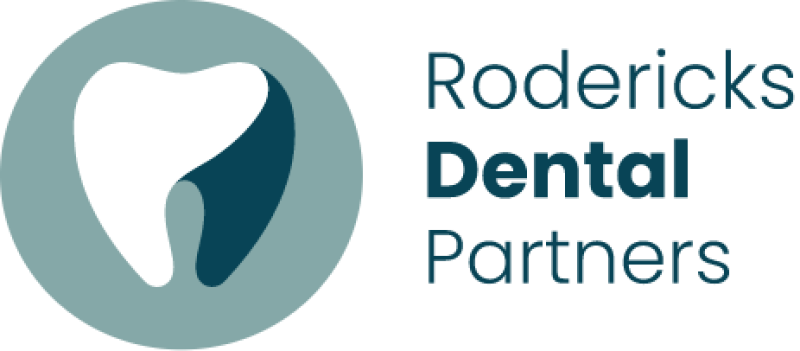
Straightening
Fixed Braces
Gentle pressure wire frames fix teeth alignment and produce beautiful smiles.
Fixed Braces benefits
Straighten teeth
Fixed or cosmetic fixed braces straighten teeth for a beautiful, confident smile.
Effective
From cosmetic to deeper dental issues, fixed braces are a time-tested, effective solution.
Customisable aesthetic
Customise braces with colour, or opt for clear wire or tooth colour for less visibility.
What are Fixed Braces?

How it works
A word from our patients
We always want to make sure our patients have an exceptional experience and leave our practices with happy smiles. Here are some of our most recent success stories.
The service I received at Rodericks Dental Partners was amazing. They were there for me every step of the way and eased my worries.
FAQs
How do removable braces work?
Removable braces, or retainer-style braces, usually combine an acrylic plate and a stainless-steel wire. They are made using your dental impressions and move your teeth gently into the desired position with the help of continual adjustment by your dentist.
How long should I wear removable braces for each day?
You should wear your removable braces all the time – except for when you need to eat, clean your teeth or play contact sports. The advantage of removable braces is that you can clean your teeth more effectively than with fixed braces, reducing your risk of any unwanted oral health problems during treatment.
How are removable braces fitted?
Removable braces are made in a dental lab using your dental impressions. Your dentist will show you how to clip them into place and remove them for cleaning.
How long does removable braces treatment take?
Typically, treatment with removable braces is faster than with fixed braces and is usually completed in under 12 months.
